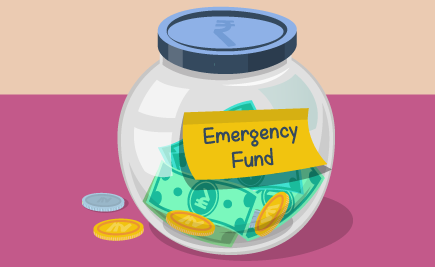An emergency fund is an amount of money set aside to cover unexpected events which may turn out to be stressful and costly. Some of these events include loss of jobs or medical emergencies.
The purpose of the fund is to improve financial security by creating a safety net of cash or other highly liquid assets that can be used to meet emergency expenses. It is important to reduce the need to draw from high-interest debt options, such as credit cards or unsecured loans—or undermine your future security by tapping retirement funds.
There is no limit to how much one can save in an emergency fund. In general, the size of the fund depends on an individual’s worth and whatever they are comfortable to save without putting a strain on their current financial situations.
However, financial planners recommend that emergency funds should typically have three to six months’ worth of expenses in the form of cash or highly liquid assets.
Benefits of Emergency Funds
- It reduces the chances of one adding to their debt with each financial hurdle they experience.
- It grows valuable interest. The more one has in their account, the more interest they earn
- It protects one’s retirement savings.
- It reduces one’s chances of impulse buying.
See Also:




